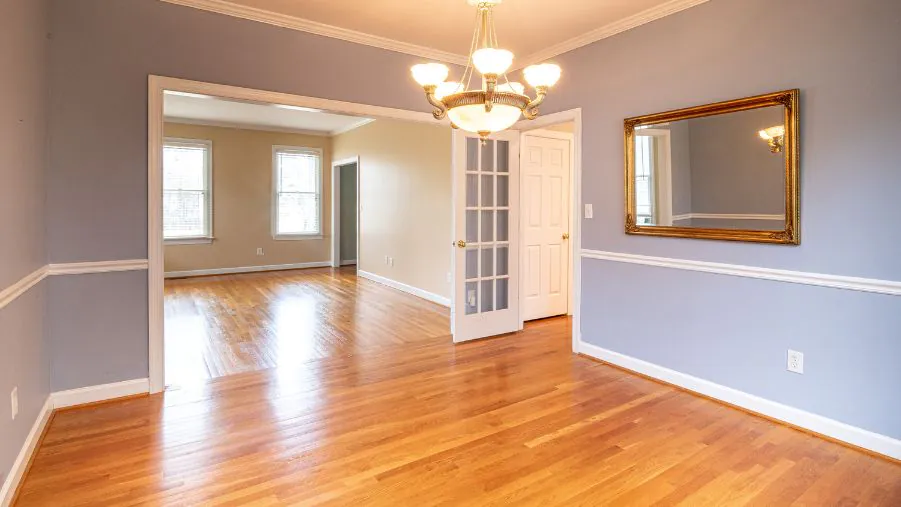Thursday, 28 November 2024
The Vacant Home Tax in Ireland
The vacant home tax is a measure introduced in Ireland to address the growing housing crisis. It is aimed at encouraging property owners to make better use of r...
The vacant home tax is a measure introduced in Ireland to address the growing housing crisis. It is aimed at encouraging property owners to make better use of residential properties. This tax applies to homes that are left vacant for the majority of the year. Understanding how the vacant home tax works is essential for property owners who want to stay compliant with tax laws. As a trusted provider of taxation services, we’re here to guide you through the details and help you manage your obligations effectively.
What is the Vacant Home Tax?
The vacant home tax in Ireland is an annual tax that applies to residential properties in use as a dwelling for less than 30 days in a 12-month chargeable period. The goal is to incentivise property owners to bring vacant properties back into use, whether through renting or selling. The government introduced the tax as part of an effort to address housing shortages. It excludes certain exemptions such as homes undergoing significant renovations or those with legal impediments preventing their occupation. To determine liability, Revenue assesses vacancy levels based on property usage throughout the year. Owners must self-report through their Local Property Tax (LPT) return.
How is the Tax Calculated?
The vacant home tax is based on a multiple of the Local Property Tax (LPT) for the year. From November 2024 to October 2025, the rate will be seven times the basic LPT rate for 2025. This is higher than the previous year, which used a rate of five times the basic LPT rate for 2024. For example:
If your property’s LPT for 2025 is €200, the home vacancy tax would be €1,400 for the year. Property owners should stay informed about how this tax is calculated and ensure they file correctly to avoid penalties. More details are available on the Revenue website.
Who is Liable for the Tax?
Property owners of residential homes that meet the vacancy criteria are liable. However, there are exemptions:
- Homes undergoing renovations that make them uninhabitable.
- Properties restricted by probate or legal issues.
- Properties vacant due to medical reasons or the owner living elsewhere for work.

Impact on Property Owners
For property owners, the house vacancy tax is an added expense that can influence decisions about property management. Renting out or selling a vacant property can mitigate this financial burden. This can also contribute to easing Ireland’s housing shortage. Additionally, landlords may be eligible for tax relief on rental income, which can help offset some of the costs. Ensuring home insurance coverage is essential to protect against risks when transitioning a vacant home into active use.
Managing Compliance
Navigating the requirements of the vacant property tax in Ireland can be complex. Accurate reporting, timely payments, and understanding of exemptions are crucial to avoiding penalties. Using the Citizens Information resource can provide additional insights into compliance requirements.
For property owners who need support with tax planning and reporting, consulting professional services can simplify the process. The vacant home tax represents a significant step in Ireland’s efforts to address its housing crisis. For property owners, staying informed and proactive about compliance is essential. Whether you are renting, selling, or managing multiple properties, professional guidance can make a world of difference.
Our expert taxation services can help you manage vacant home tax and other property-related tax obligations. Visit our website today to learn more about how we can support your financial planning and compliance needs.




